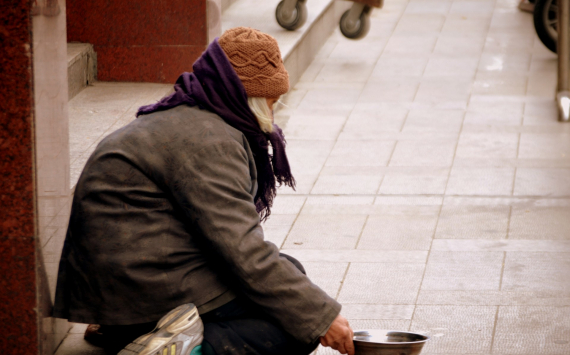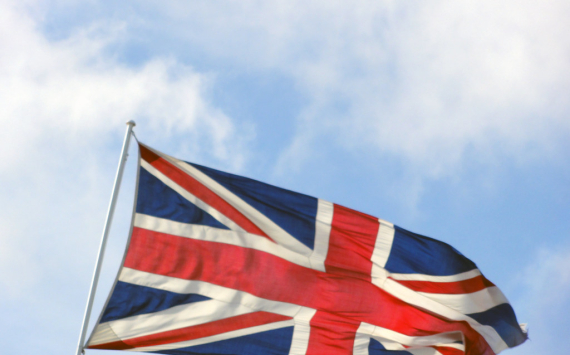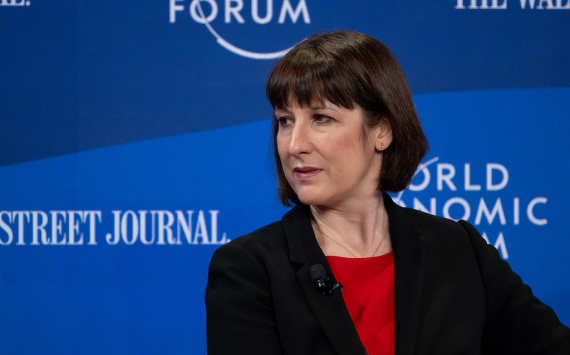
Rough sleeping in United Kingdom
Crisis, a leading homelessness charity in the UK, the government is likely to miss its target of ending rough sleeping in England by 2024.
The charity's report highlights a rise in homelessness across the country, especially amid the ongoing cost of living crisis. It is "incredibly disappointing" to see more people on the streets, said Jasmine Basran, the head of policy and campaigns at Crisis. Basran added that the political will and attention required to tackle the issue are not happening, and the success of the government's Everyone In project, which saw rough sleeping drop to record lows during lockdown, has lost momentum.
The charity is witnessing more first-time rough sleepers due to a lack of affordable housing and the under-resourcing of support services. Basran is confident that the target won't be met without significant changes in the government's approach. Ahead of the annual rough sleeper snapshot, expected to be published this week, the charity is calling for more action to address the underlying issues that cause rough sleeping. This includes unfreezing housing benefit, investing in mental health services, and building more social housing.
In Birmingham, the number of rough sleepers is expected to be higher than last year, although still lower than pre-Covid levels. Sharon Thompson, the councillor responsible for homelessness in the city, said the sector was frustrated that the issue was no longer being given the priority it needed. Thompson is also concerned about broader homelessness across the city, fuelled by the cost of living crisis. Birmingham City Council sees 500-600 people come forward as homeless each week, and the problem is expected to worsen.
The pressures on the NHS are also a factor, with hospitals often discharging homeless patients as quickly as possible, even if they have nowhere to go. Crisis is urging the government to tackle the underlying issues that cause rough sleeping, which include mental health problems, lack of affordable housing, and under-resourced support services. Without these changes, it seems likely that the government will miss its target to end rough sleeping by 2024.








































